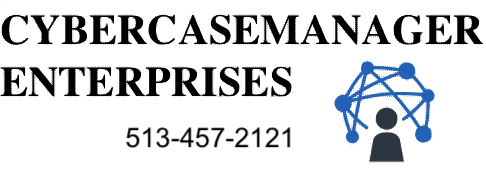Learning before, during and after; how it works in Sport
“Learning before, during and after” is a common principle applied to knowledge management in project-based organisations. But what does it really mean?
We may have read about the principle of learning before, during and after in projects, but if you want to see how it really works in practice, take a look at sport.
A sports team – a football team, or a rugby team or a cricket team – has built this learning rhythm into their working week.
The team do their Learning Before on a Friday.
They study video recordings of their forthcoming opponents, they identify the other team’s weaknesses and patterns of play, and they discuss the tactics and strategy they might use on the Saturday. They look back on occasions when these opponents have been beaten, and analyse how best to beat them this weekend.
The team do their Learning After on a Monday. They review and analyse, often in great detail and with the aid of computer analysis, the video footage of the weekend’s match. They identify the things that have gone well, and analyse why they went well. They analyse things which did not go to plan, look at the root causes behind this, and identify anything they need to work on during the week, and do differently in future matches.
What about Learning During? Learning during takes place during the match, partly through messages sent on to the field from the management team, and partly through self analysis during the half time break. The purpose of Learning During is to identify and change things that are not working, and identify and repeat things that are. Often the team that learns and adapts the best on the pitch, wins the match.
This is just the same way that a project can learn. The team can analyse, before work starts, and challenges and problems they will face, and seek to learn from previous examples where those challenges have been overcome, through mechanisms such as Knowledge Management planning and Peer Assist.
They can learn after the project; they identify the things that have gone well, and analyse why they went well. They analyse things which did not go to plan, look at the root causes behind this, and identify anything that needs to be done differently on future projects, through processes such as Retrospect. Then during the project itself, they should be open to learnings both from the project team themselves, and from external observers. They can identify and change things that are not working, and identify and repeat things that are.
That’s how winning teams learn.
Tags: Archive, continuous improvement, learning from experience


Leave a Reply